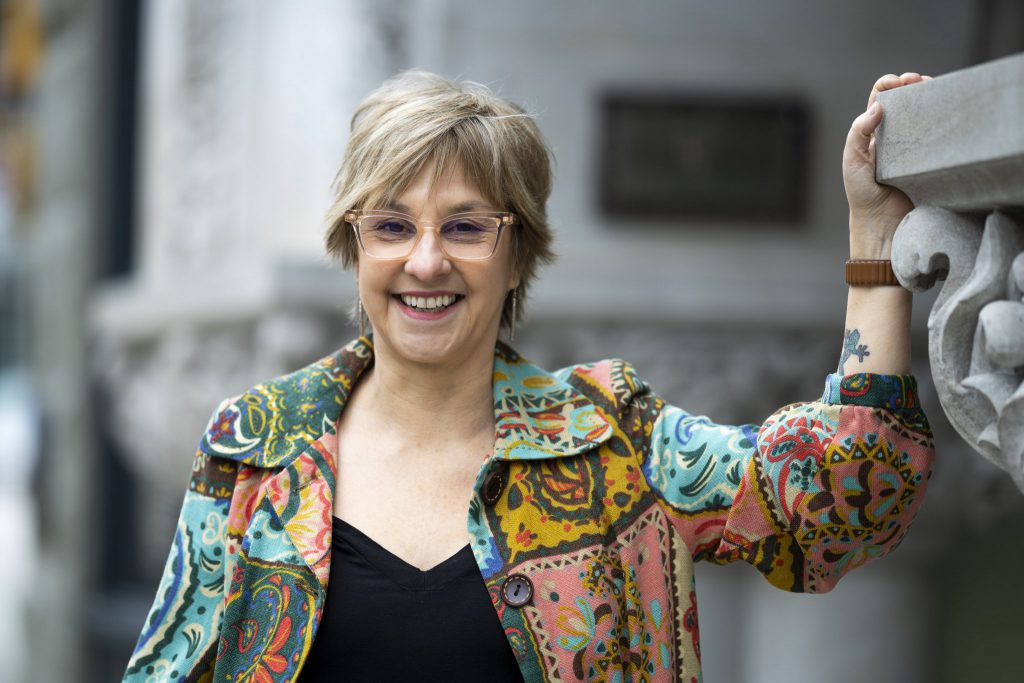This article was originally published by Canada’s National Observer on March 23rd, 2022 and was written by Marc Fawcett-Atkinson.

Joanna Kerr, CEO of the MakeWay Foundation, was alone in her Toronto office when she received news American philanthropist MacKenzie Scott had decided to give $18.9 million to the environmental and social justice organization. It is among the first Canadian organizations to receive support from Scott, Amazon founder Jeff Bezos’s ex-wife.
“I think it was probably one of the best calls I have received in my career,” said Kerr, who has previously played leading roles at Greenpeace Canada and global charity ActionAid International.
MakeWay — which was known as Tides Canada until 2020 — is an organization that funds, supports, or houses over 70 community-led environmental and social justice projects Canada-wide. The Vancouver-based organization takes a largely hands-off approach, allowing its grant recipients to use the funds in ways most suited to their communities’ needs and goals.
Current projects include support for Inuit hunters harvesting wild meat and fish to tackle soaring food insecurity in northern Canada, support for the creation of an Indigenous Protected Area in northwestern B.C. by the Gitanyow First Nation and a global network of urban walking tours to help people get to know their cities on foot.
The same attitude is reflected in Scott’s radical approach to philanthropy, Kerr said. Unlike most donors, who will only give money on the condition it is used for a specific project, Scott has embraced so-called unrestricted donations that give money to organizations with no strings attached — a concept known as “trust-based philanthropy,” Kerr explained.
That allows recipients like MakeWay to spend the money where it is most needed. The approach is also much more efficient, explained Peter Elson, a professor at the University of Victoria who studies philanthropy.
“It makes an absolutely huge difference,” he said. Unrestricted donations save organizations time and money while allowing them to develop long-term projects without worries their funding could be cut — a chronic problem for charities that rely on targeted donations and grants and must reapply and make their case anew every few months or years.